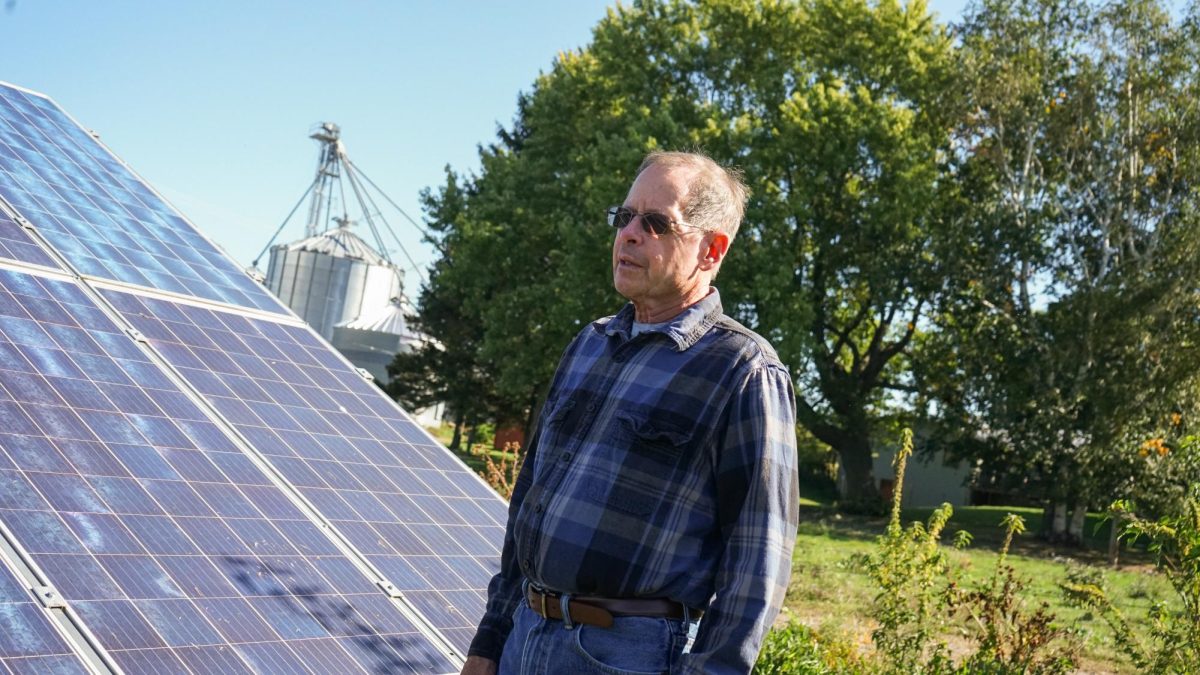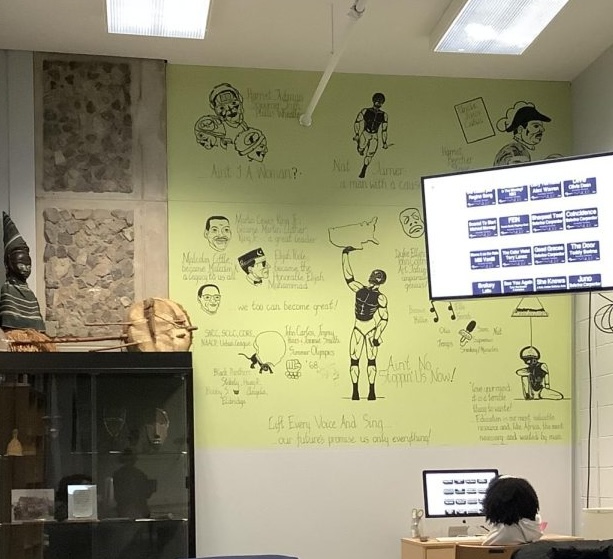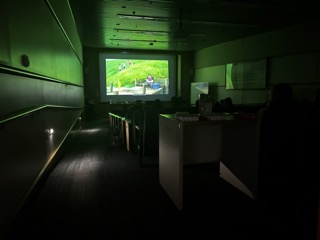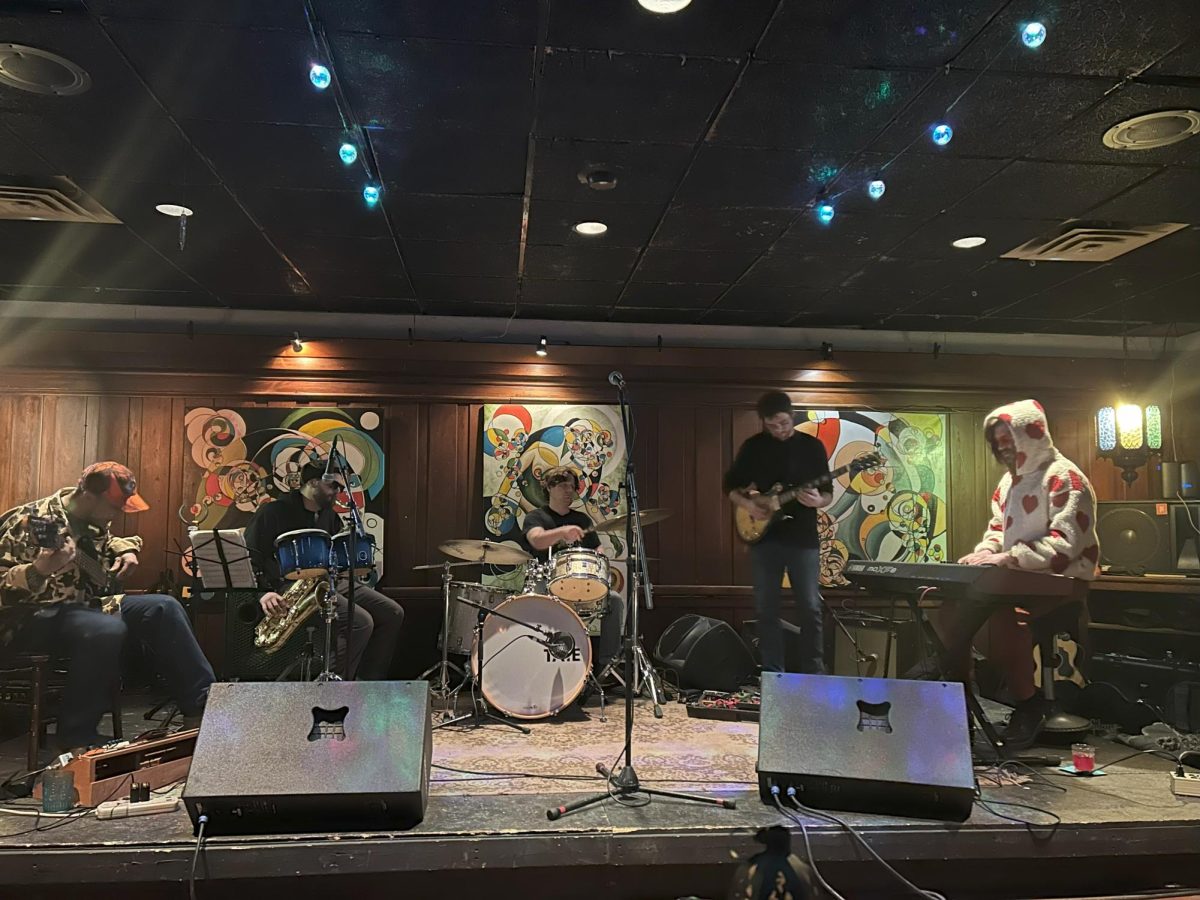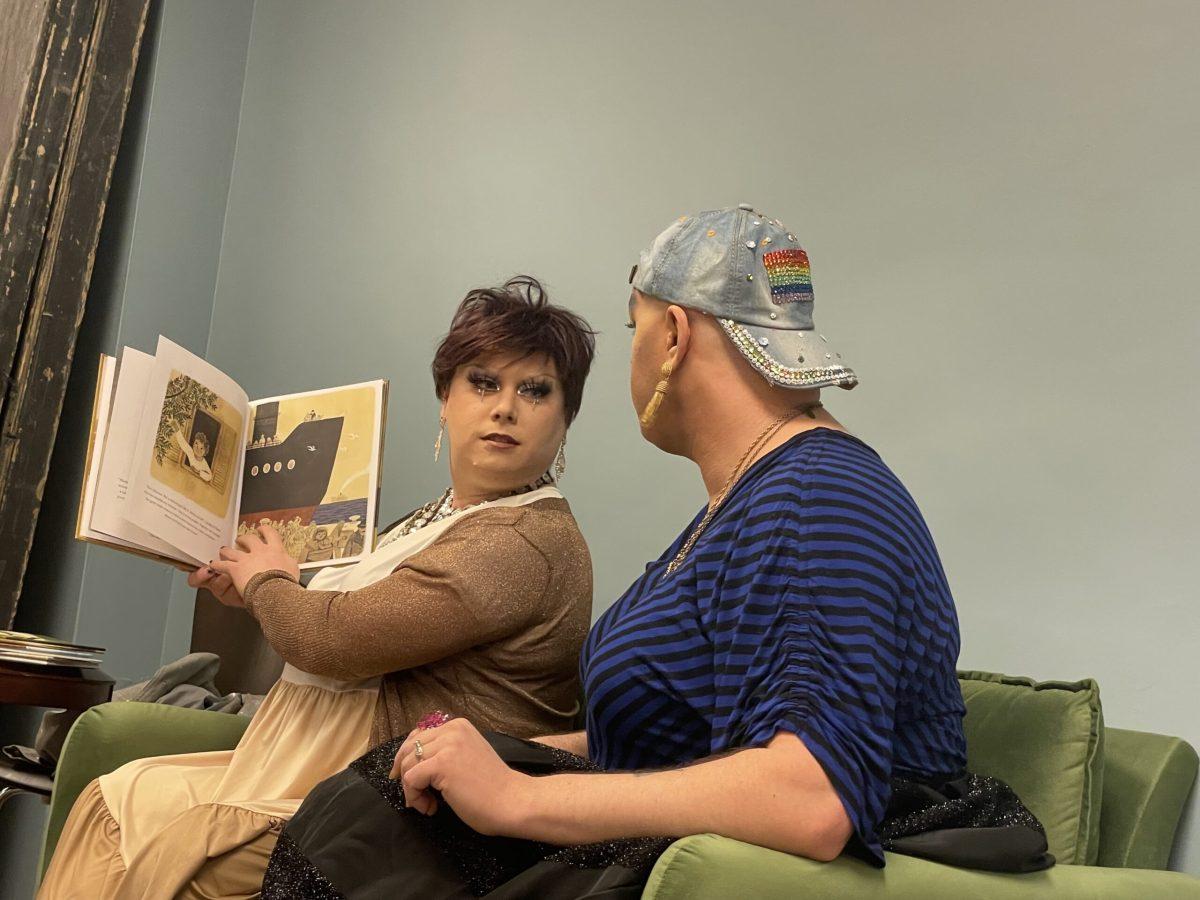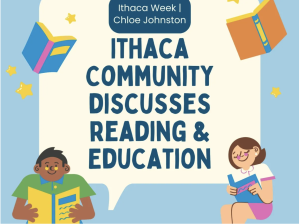
ITHACA, N.Y. — Throughout March, Americans are celebrating National Reading Month.
This comes in the midst of concern from parents and educators regarding national student literacy after the COVID-19 lockdowns and virtual schooling. As a result, many schools are turning to a pre-packaged reading curriculum. Major textbook companies like McGraw-Hill advertise what is called the “science of reading,” a method that relies on the use of phonics and vocabulary to improve reading comprehension, but leaves reading aloud and other literary traditions behind.
What Are The Problems?
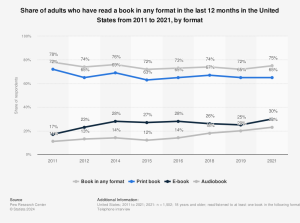
According to Pew Research, adult reading habits have close connections with the reader’s level of education. 39% of the survey’s participants who have not read a book in the last 12 months had high school diplomas but no further traditional education.
Students at the Village at Ithaca, a nonprofit organization centered around creating alternative educational programming for students of color, expressed frustration with their experiences in schools across the country and sympathy for teachers. They pointed to systemic issues in education, including high teacher turnover, lack of retention, low pay and the censorship of culturally relevant texts as a barrier for classrooms.
“I didn’t really have much support in my English class,” Tatianna, who is an Ithaca High School student, said. “When I raised my hand for help, it was just like my teacher ignored me.”
Asia, a student at SUNY Brockport who went to high school in Ithaca, pointed to socioeconomic differences and injustices for people of color.
You can drive to where the property values are highest [in Ithaca], and whatever child sits in that house […] they will have a better education than [those] in public housing,” he said. “If you’re richer, you’re more likely to read to your kid when they’re younger, which has a huge advantage [when it comes to higher education.]”
What Can Teachers Do?
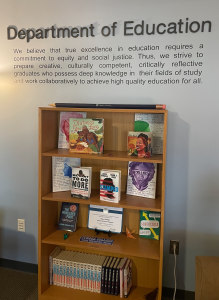
Dr. Jeane Copenhaver-Johnson, an associate professor in the Ithaca College Department of Education, studies childhood literacy and teaches classes surrounding the topic. She suggested that young readers must be engaged in multiple avenues of learning that can develop “critical literacy, [as well as] reading as fulfillment and empowerment” by attending to “all the dimensions of our literate capacities.”
Students who listen to stories are statistically more likely to become engaged readers. Practices like oral storytelling are rooted in “culturally responsive pedagogy.”
“This emphasis on looking for quick fixes can get in the way of [teachers and families] thinking about what every reader needs,” said Copenhaver-Johnson. “There is no single program that is going to by itself make sure that every reader gets what they need in order to develop [learning capacities].”
What’s Available for Students? Highlights and Examples from the IC Library
Communications librarian Cathy Michael expressed that the library is an important resource for students and educators. Some of the services at Ithaca College she highlighted include:
- The McNaughton Collection, a mini public library that includes popular fiction, organized by librarian Jenny Richards; new nonfiction books are also housed in this section
- External DVD drives to browse the library’s extensive film collection
- The circulation desk has ear plugs, chargers, whiteboard markers and “Library Things”, including Rubix cubes and a skeleton for health sciences students
- Consultations for research can be via Zoom or in person. Michael highlighted Zotero, which is an online citation resource.
Michael said that she has not seen a “change in the levels of understanding” for how to use library systems, but encouraged students to ask for help. While these resources are college specific, Tompkins County Public Library and the Durland Alternatives Library also open. Michael also recommended a local nonprofit, the Family Reading Partnership, as a way to celebrate National Reading Month.
“We have to be thinking about how we read texts that speak to students today and to their lives,” said Copenhaver-Johnson. “We have to be able to help them see the connections between the things that we’re asking them to do or read […] and how it’s going to help them in their own lives.”
For More Information
For more information on the science of reading, educational inequity and childhood literacy initiatives, check out my profile on X. For more from the Village at Ithaca, the Ithaca College Park Scholars and the nonprofit organization are releasing a documentary, “Restoring Joy,” for the Ithaca community with a live screening at 6:30 p.m. on March 21 at the Park Auditorium. For more about the science of reading, watch Dr. Maren Aukerman speak at the Ithaca College Educational Freedom lecture series.
Reporter Chloe Johnston sits down with education professor Jeane Copenhaver-Johnson, Ithaca College communications librarian Cathy Michael and students from the Village at Ithaca to discuss reading initiatives and their experiences in education

